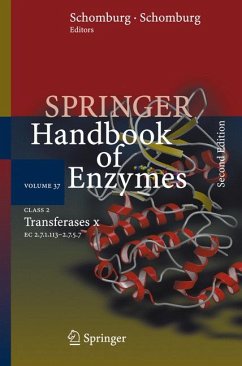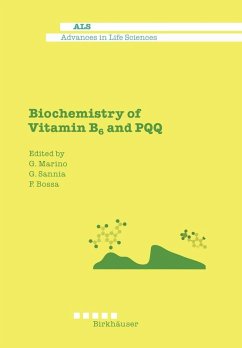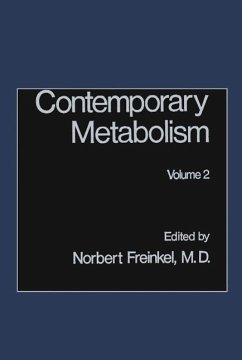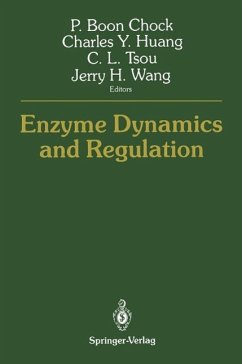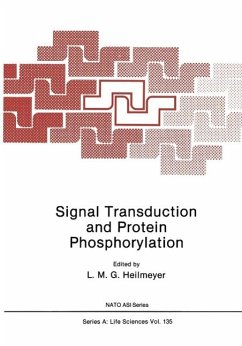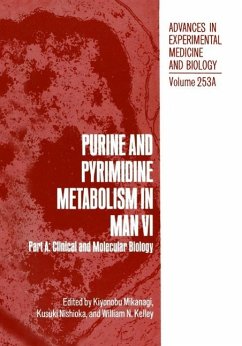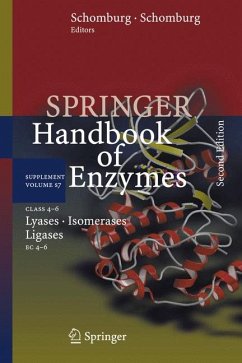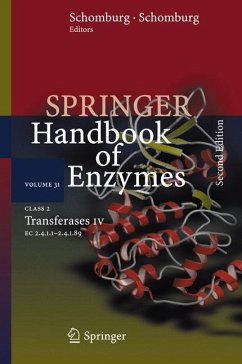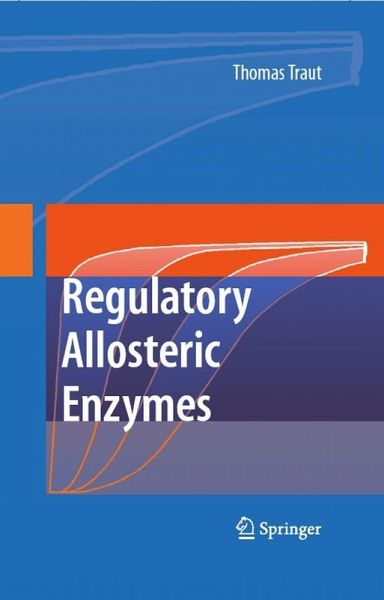
Allosteric Regulatory Enzymes (eBook, PDF)
Versandkostenfrei!
Sofort per Download lieferbar
136,95 €
inkl. MwSt.
Weitere Ausgaben:

PAYBACK Punkte
68 °P sammeln!
All enzymes have the ability to increase the rate of a chemical reaction, often by more than a billion-fold. Allosteric enzymes are particularly remarkable because they have the additional ability to change the reaction rate in response to cellular activators or inhibitors. This enables them to control the pathway in which they are the regulatory enzyme. This book covers the most recent developments in the analysis of allosteric enzymes, focusing on those features that are invaluable to the discussion of allosterism and regulation. It introduces the limits for enzyme function as dictated by th...
All enzymes have the ability to increase the rate of a chemical reaction, often by more than a billion-fold. Allosteric enzymes are particularly remarkable because they have the additional ability to change the reaction rate in response to cellular activators or inhibitors. This enables them to control the pathway in which they are the regulatory enzyme. This book covers the most recent developments in the analysis of allosteric enzymes, focusing on those features that are invaluable to the discussion of allosterism and regulation. It introduces the limits for enzyme function as dictated by the factors that constitute the limits for life, and it describes all the mechanisms used for changing enzyme activity. Eight enzymes are used as model systems after extensive study of their mechanisms. The market for this book includes biochemists, molecular biologists, cell biologists, chemists, and biophysicists.
Dieser Download kann aus rechtlichen Gründen nur mit Rechnungsadresse in A, B, BG, CY, CZ, D, DK, EW, E, FIN, F, GR, HR, H, IRL, I, LT, L, LR, M, NL, PL, P, R, S, SLO, SK ausgeliefert werden.



